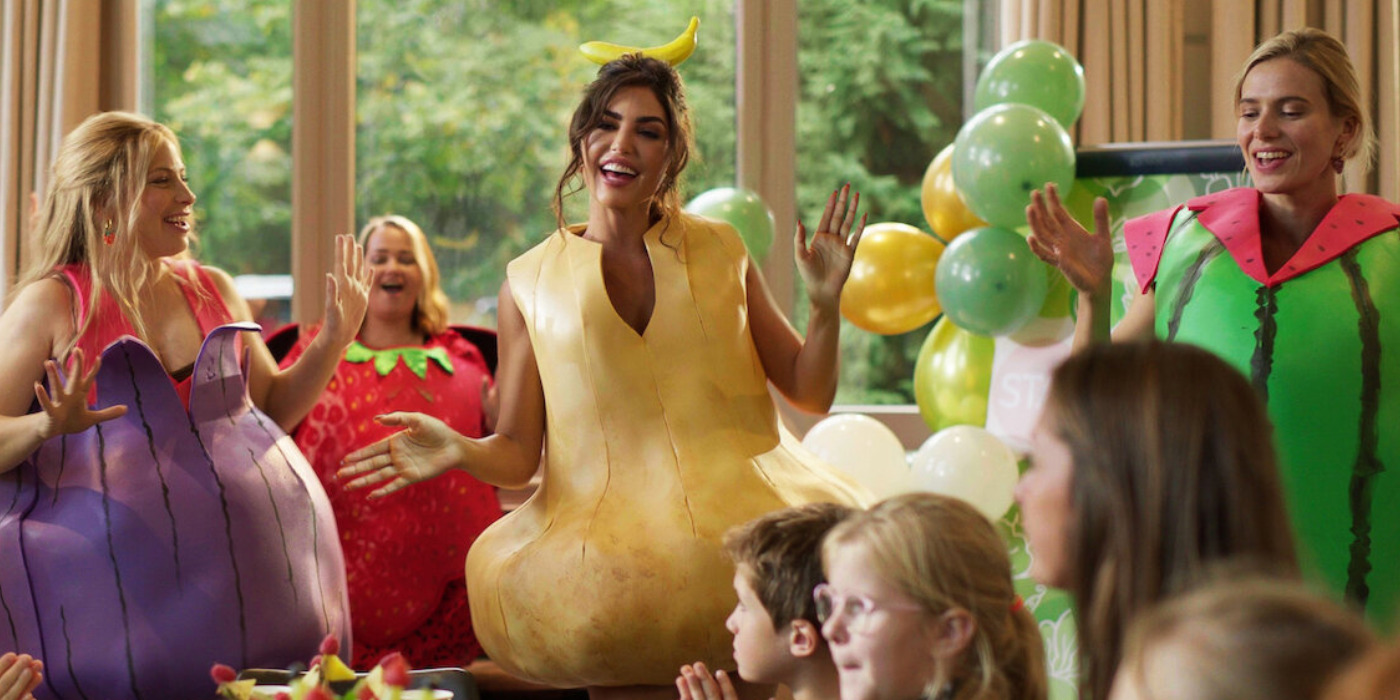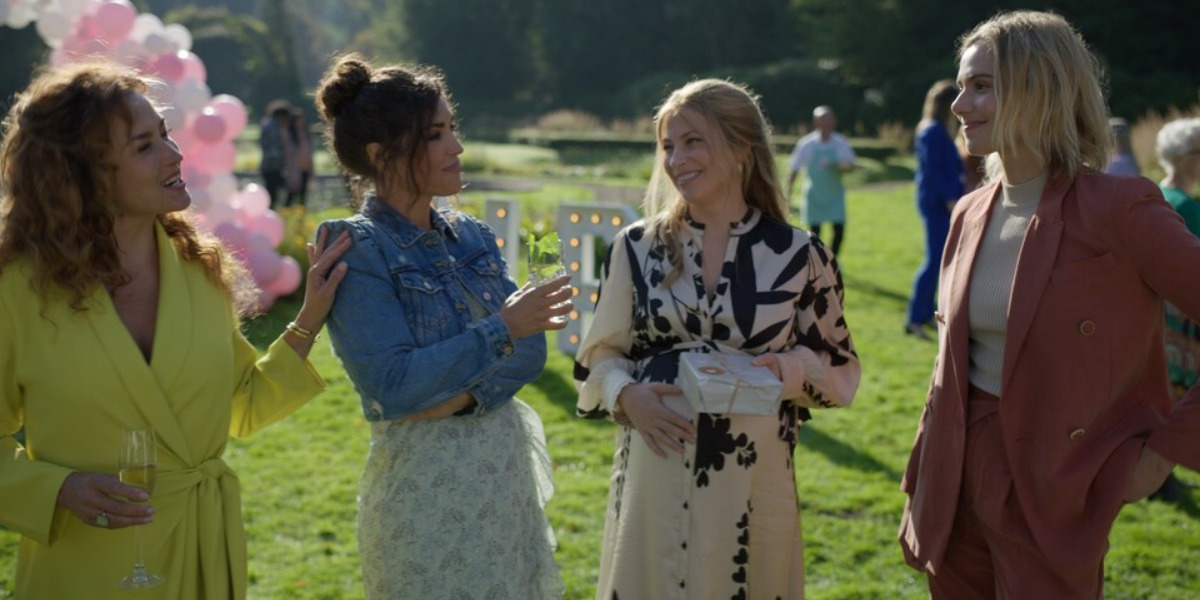Netflix’s ‘The Wonder Weeks,’ directed by Appie Boudellah and Aram van de Rest, is a Dutch ensemble comedy film revolving around three different families and their lives after the addition of newborns. Anne, a workaholic perfectionist, tries to be the perfect mother while juggling her demanding job as a lawyer. Meanwhile, Kim and her partner Roos’ donor, Kaj, tries to convince the couple to let him be a part of his biological kid’s life. Simultaneously, Ilse, a member of Kim’s Mamas For Mamas group, tries to find an effective way to raise her baby in her intercultural relationship.
The film features heartfelt family dynamics with amusing storylines and explores the theme of parenthood within non-traditional family structures. By doing so, ‘The Wonder Weeks’ strives for a realistic depiction of what parenting looks like in the modern world. Due to the same, viewers might wonder if the film is based on a true story. If so, here is everything we know about the same!
Inspiration From Plooij and Rijt’s Parenting Classic
‘The Wonder Weeks’ is not based on a true story. However, the film, originally titled ‘Oei, ik Groei!’ is inspired by an eponymous book by Dr. Frans Plooij and Dr. Hetty van de Rijt. The bestseller non-fiction is a classic Dutch book with insight into parenting that many first-time parents find helpful. Based on thirty-five years of research by the authors, the book delves into the different stages of an infant’s development. This baby-rearing manual has many fans across a vast audience and has been translated into several languages, including its English edition titled, ‘The Wonder Weeks.’

In an interview, actress Yolanthe Cabau discussed the connection between ‘The Wonder Weeks’ and Plooij and Rijt’s book. According to Cabau, the film draws direct inspiration from the book for every couple’s storylines, and the complication they go through are all described within it. Therefore, due to the film’s connection to ‘Oei, ik Groei!,’ the struggles and triumphs that the characters go through within the story feel authentically portrayed.
For instance, Cabau found a moment of relatability with her character Ilse De Jong during the movie’s filming. Discussing the same, Cabau said, “For example, I have a scene in which my baby can’t take the breast. I also had that problem on the first day with Xess [Cabau’s child].” Likewise, the film is ripe with similar moments that many parents may be able to relate to.
Through Sallie Harmsen’s character, Anne, the narrative explores the concept of motherhood as experienced by a career-oriented woman. Anne constantly puts unrealistic pressure on herself to excel in all corners of life. On account of her perfectionist streak, many mothers, who experience similar stress, may be able to relate to her character. Similarly, through Anne and Barry’s relationship, the film highlights the complications that working parents face and how the anxieties of a new baby affect couples’ relationships.
On the other hand, Kim and Roo, the group’s sole experienced parents, undergo a bizarre situation when the latter’s close friend/sperm donor, Kaj, offers to become an involved and responsible parent in their kids’ lives. Their family presents an unconventional perspective on parenting and shines a light on an underrepresented demographic. At the same time, the film portrays Kim, Roos, and Kaj in a relatable light to keep their storyline grounded.
The film’s writing team comprising Appie Boudellah, Mustafa Boudellah, and Maikel Nijnuis, maintains a consistent overall comedic outlook throughout the different storylines. Consequently, the Netflix movie can tie the diverse narratives together and bring the characters together through their shared experiences. Since the characters inform the narrative’s primary drive, their different quirks and interpersonal relationship make up the film’s heart.
Ultimately, ‘The Wonder Weeks’ is not based on a true story and instead builds its story around an infamous book about parenting. As such, it is able to replicate authentic events that many viewers will be able to connect to. Similarly, regardless of the magnified humor, the cast of characters has a sense of realism. In the end, the film, though fictional, makes up a compelling tale.
Read More: Where Was Netflix’s The Wonder Weeks Filmed?


You must be logged in to post a comment.